Why Lenovo might be bringing back a classic ThinkPad design
Responding to fan requests
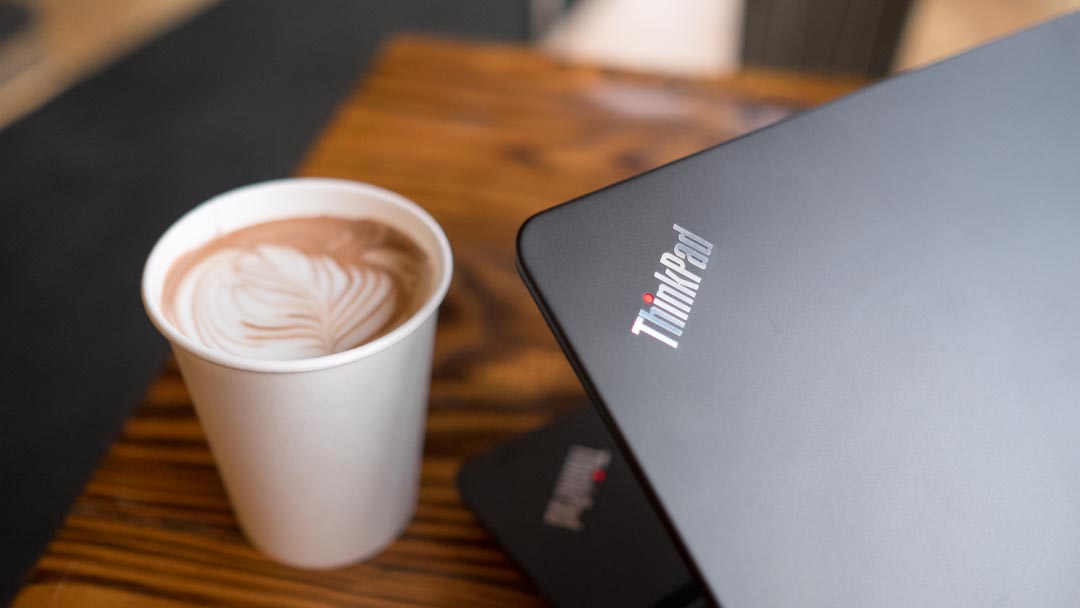
Sign up for breaking news, reviews, opinion, top tech deals, and more.
You are now subscribed
Your newsletter sign-up was successful
Lenovo's computing division has had another busy year. Fresh from launching its innovative Yoga Book, in addition to bringing out slim and powerful Yoga 910 and Miix 510 convertibles, the company is considering bringing back a classic ThinkPad design as part of its Retro ThinkPad project. It's also rumored to be bringing Amazon's Alexa assistant to PCs following its partnership with Microsoft to pre-load its apps onto Lenovo's Android-powered handsets.
TechRadar caught up with Dilip Bhatia, Vice President of Global PC Design and Marketing at Lenovo, at IFA 2016 to discuss the future of its classic ThinkPad line, its new Yoga devices and why a dip in the company's quarterly PC sales isn't cause for concern.
TechRadar: Lenovo might be bringing a classic ThinkPad design a modern twist. What can you tell us about this?
Dilip Bhatia: The Retro ThinkPad project is based on feedback from our fans. As you know, ThinkPad has been a huge fan favorite and we're constantly listening to our fans for input and ideas on what we can do with it.
This project came from fans who asked us to bring back our heritage edition offering, what with the twenty-fifth anniversary of ThinkPad coming up in October, so we're looking to see if it makes sense. We've collected a lot of input on what people like or don't like, and want to see on a potential machine. We may not be able to do everything but we're considering our options right now.
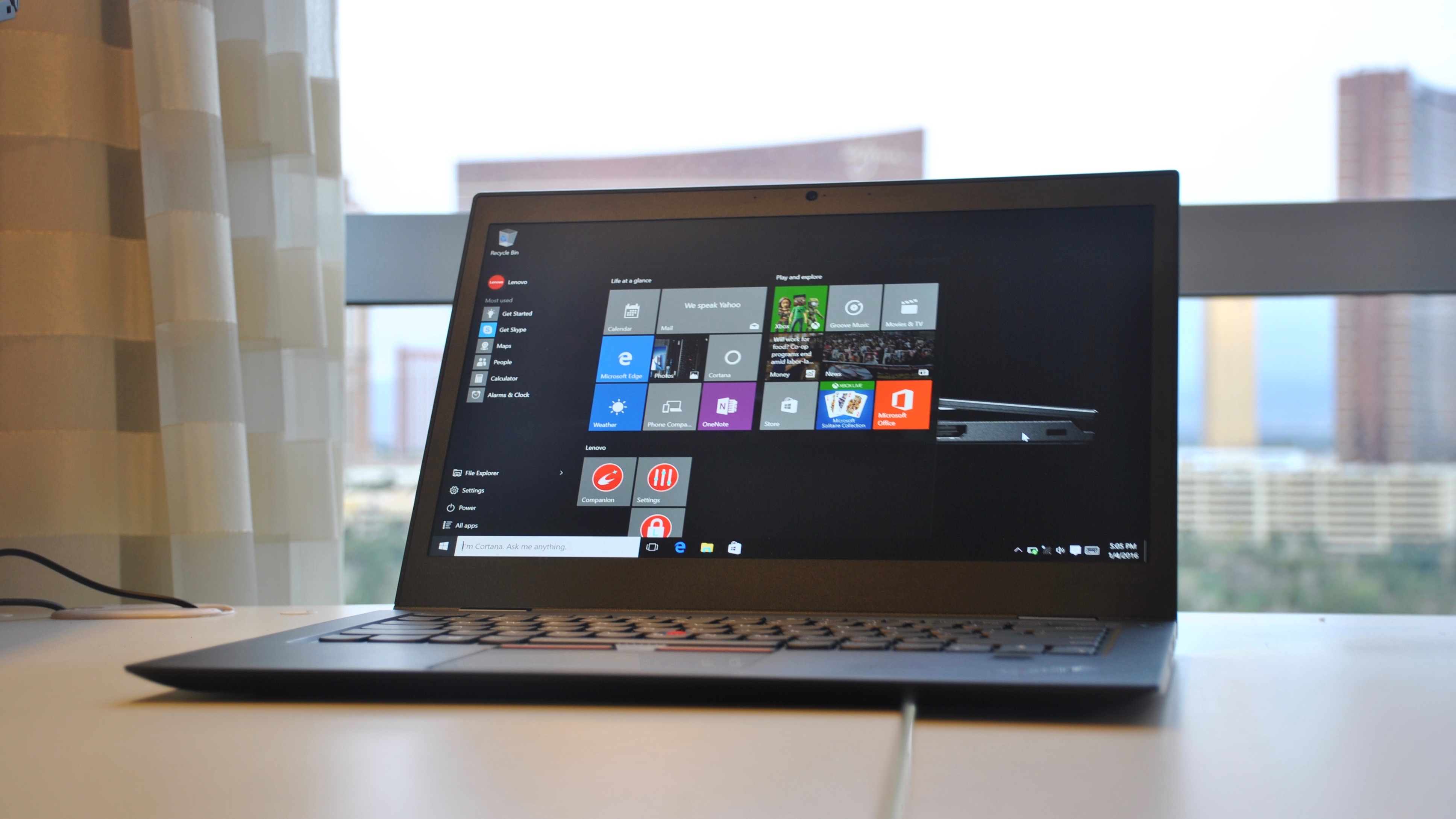
After the Superfish debacle, and more recently the security risk in the Lenovo Accelerator app, does Lenovo still think it's worth pre-loading software onto its laptops considering the potential risks that carries?
We've stated in public that, on our ThinkPad products, it's very much a clean preload. There's no third-party apps at all – just a plain operating system. On some consumer systems we're not pre-loading any apps now, except for McAfee at the most, so that's pretty much it. We've tried to get away from it.
Sign up for breaking news, reviews, opinion, top tech deals, and more.
The new Yoga 910 has a nice slim bezel and larger screen compared to the Yoga 900. Why has that come about now rather than in previous years, say, at the same time as Dell's XPS 13 and 15 products?
We did our research and the number one topic discussed when it comes to 2-in-1 PCs is the display and a desire for a thinner bezel. We basically responded to user feedback.
Could the smaller bezel design come to Lenovo's Miix line of convertibles? The new Miix 510 has a chunky bezel in comparison to the Yoga 910.
It's a wait-and-see attitude to see if that makes sense or not. You have to hold into account that you would be holding the whole tablet, and you want to avoid accidental presses – so it's always about balance and trade-off. But anything is possible.
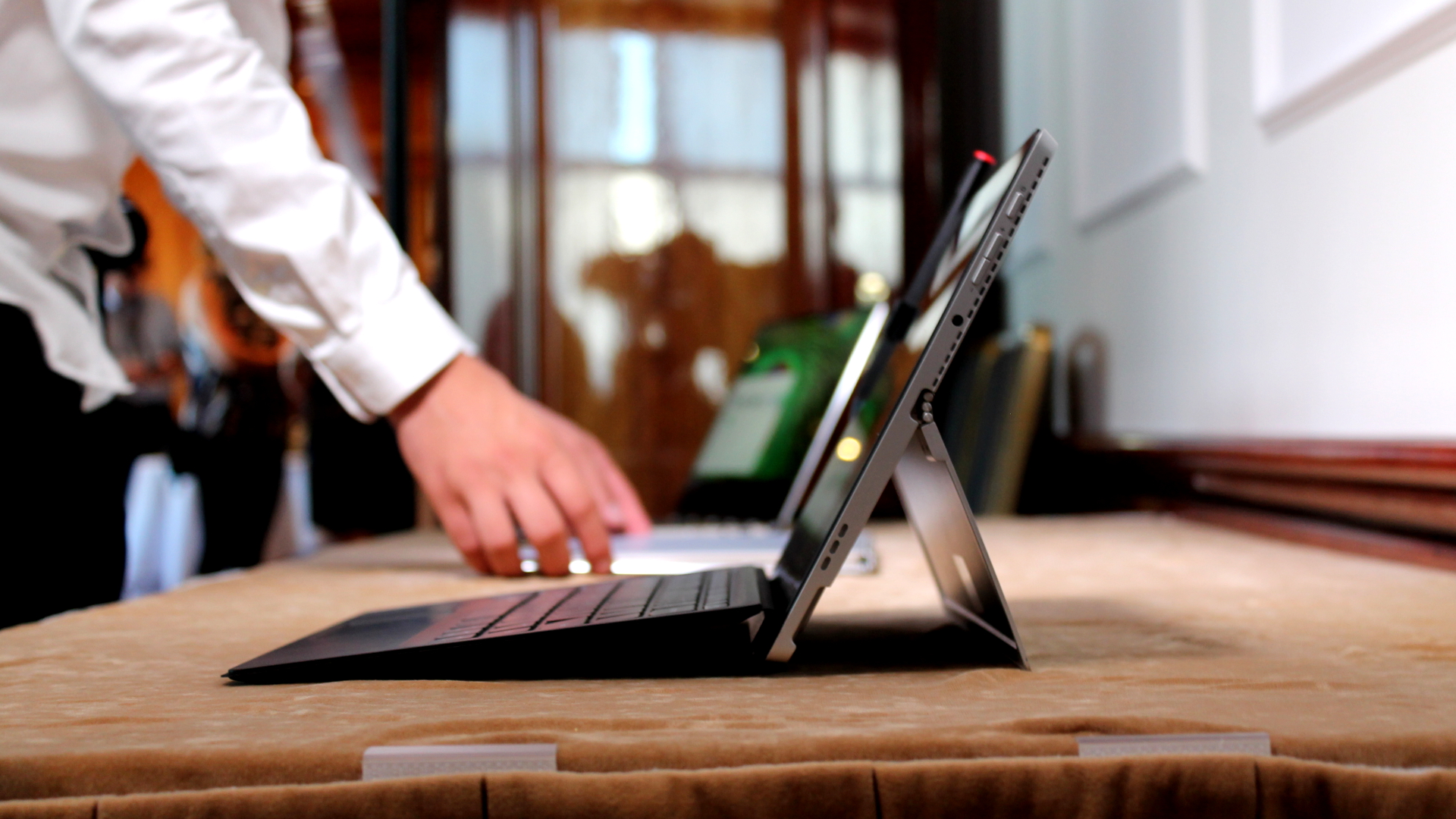
How does Nvidia's Pascal architecture change the game when it comes to the design of Lenovo's new (and future) gaming laptops?
The aspiration across the industry right now is to go thinner and lighter, but at the end of the day gamers care more about performance. They don't want to sacrifice that for thinness.
It's been reported that Lenovo is bringing Amazon's Alexa personal assistant to PCs. Is there anything you can tell us about that?
I can tell you that voice activation in general has caught on. People are using a lot more voice on their phones and are very comfortable with it, and I see that voice activation comings part of mainstream computing in the future. So there's no reason why you can't talk to PCs in the near future. People are more comfortable with it, and that's just the evolution of the PC.
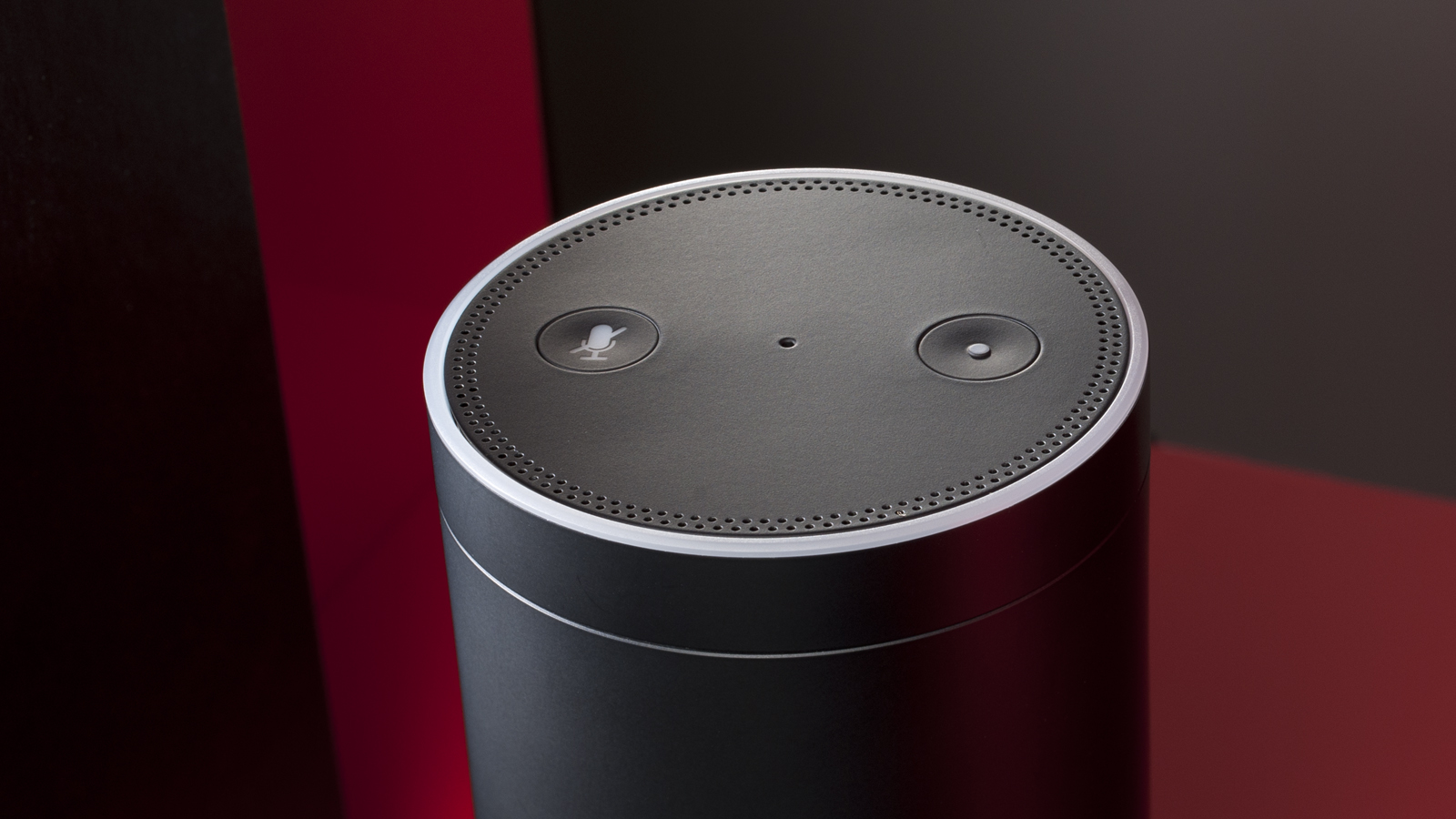
I tell people that it's no longer about the personal computer - it's about personal computing - and voice is a big part of that when it's all around you. Whether you're in your car, phone or office, you can talk to your phone and talk to devices like the Alexa. We'll see more of that going forward.
Lenovo's first fiscal quarter saw PC sales dip year-on-year. What do you put that down to in the current climate?
It's hard for me to guess what the larger factors are for that, but at the same time I can say that there are certain sectors of the PC market that are growing. Gaming is one of them, and detachables are growing pretty fast too. Convertibles also are, and ultra-slim segment is doing very well – that's products like our X1 line, our Yoga 900 and Yoga 700.
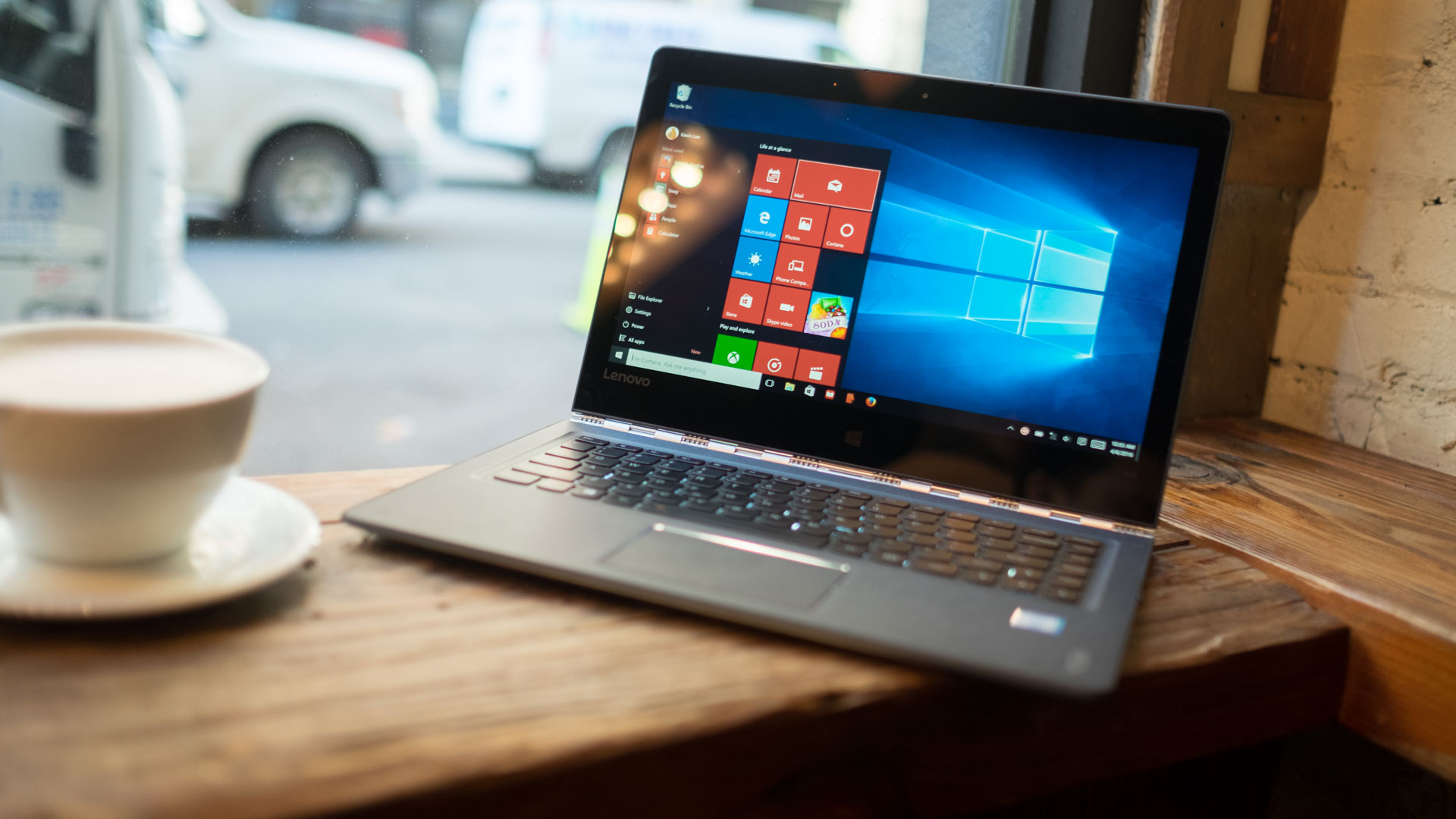
If you look at the overall global PC market, yes, it's around negative five per cent or so, but when you factor in the growth of detachables, the market is relatively flat - maybe slightly negative – so it's not all doom and gloom. It's still a huge market in which we'll sell two-hundred-and-sixty billion dollars' worth, plus there's enterprise adoption as businesses move to Windows 10.
Do you predict that people are more likely to upgrade to new machines now that Windows 10's free upgrade has expired?
I hope that will happen. But seriously, there's a lot of innovation out there – PCs are very different from three, four or five years ago. There's a tremendous amount of flexible, light, better devices with superior panels, better SSDs and powerful performance. People will automatically want to go upwards, and many do.
- See also: The 10 best laptops for students in 2016
